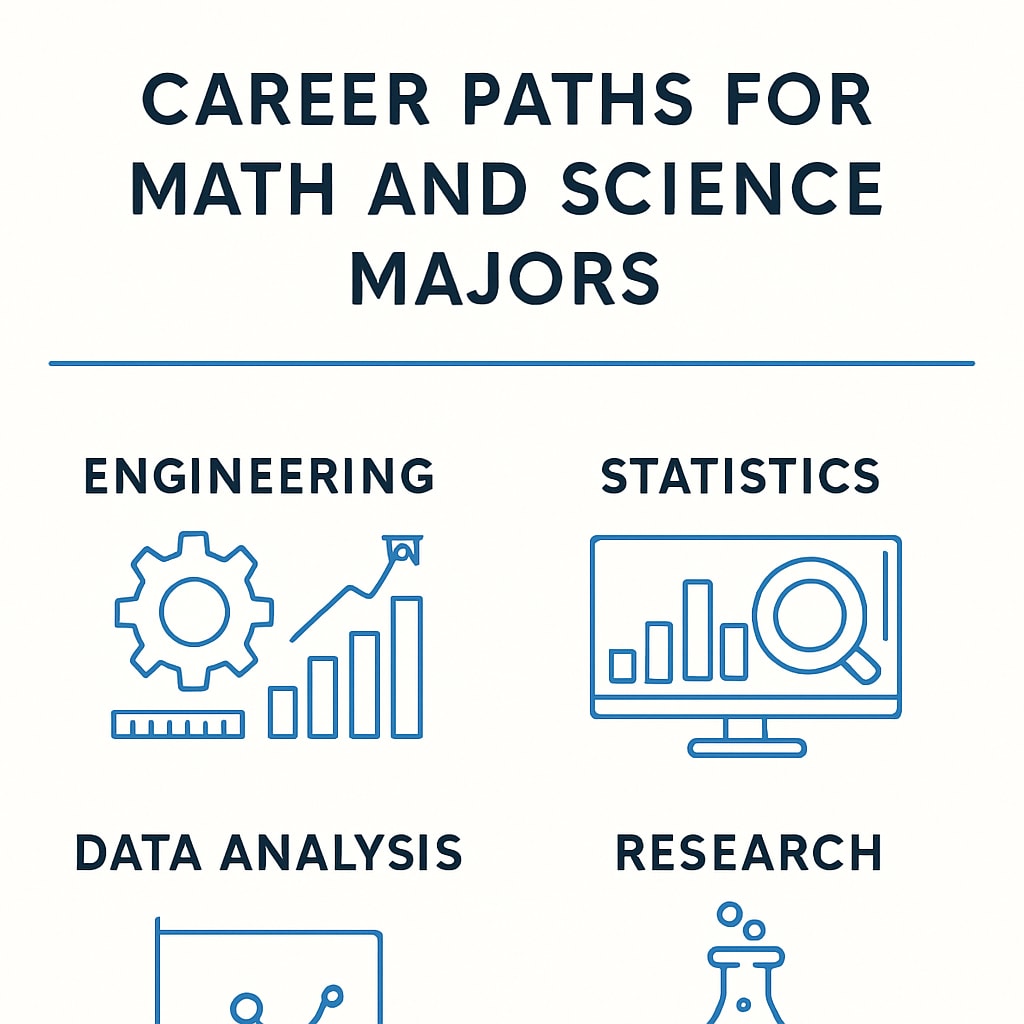Choosing a college major can be one of the most daunting tasks for high school students. For those with a deep passion for math and science, the decision often becomes even more complicated due to external influences, such as opinions from family, peers, or societal expectations. Balancing personal interests and career planning is crucial to making a responsible choice that aligns with both your aspirations and future goals.
Understanding the Importance of Personal Interests
When selecting a college major, it’s essential to consider what truly excites you. For students with a love for mathematics and sciences, these fields often offer dynamic opportunities in areas like engineering, data science, and research. However, external pressures can sometimes push students away from their interests.
To ensure your decision is authentic, ask yourself the following questions:
- What subjects do I enjoy studying the most?
- Do I lose track of time when working on math or science problems?
- What kind of tasks or projects make me feel accomplished?
Recognizing your genuine interests can provide clarity, helping you stay focused despite external opinions.

Balancing Career Planning with Passion
While following your passion is important, career planning should not be overlooked. Fields like mathematics and science often overlap with lucrative and stable career paths, such as technology, healthcare, and finance. However, it’s crucial to research potential job markets, growth opportunities, and skill requirements.
Consider these steps to balance your passion with practical planning:
- Research industries that align with your interests. For example, if you love math, explore fields like actuarial science or software engineering.
- Identify transferable skills — math and problem-solving abilities are highly sought after across various sectors.
- Seek mentorship from professionals in your field of interest to understand their career journeys.
Combining passion with informed career decisions can lead to both personal fulfillment and professional success.

Practical Steps for Making a Decision
If you’re feeling stuck at the crossroads, the following practical steps might help you navigate the decision-making process more effectively:
- Self-assessment: Utilize tools like career aptitude tests to identify strengths and areas of interest.
- Explore college programs: Research universities offering strong math and science programs and look into their course structures and opportunities for internships.
- Trial experiences: Enroll in summer programs, workshops, or online courses to get hands-on experience in various fields before committing to a major.
- Consult others: Speak with teachers, counselors, and professionals to gain insights and guidance.
By breaking the process into manageable steps, you can reduce anxiety and make informed decisions.
Final Thoughts on Choosing a College Major
Ultimately, choosing a college major is about finding the right balance between your passions and practical considerations. For students with a love for math and science, the possibilities are vast, ranging from academic research to applied careers in technology and engineering. However, the key is to stay true to yourself while remaining open to guidance and information.
By understanding your interests, researching career paths, and seeking advice, you can confidently move forward and make choices that pave the way for a fulfilling future.
Readability guidance: Use concise paragraphs and lists to present key points. Incorporate transitional words for smooth flow, and prioritize clarity and engagement throughout the text.


